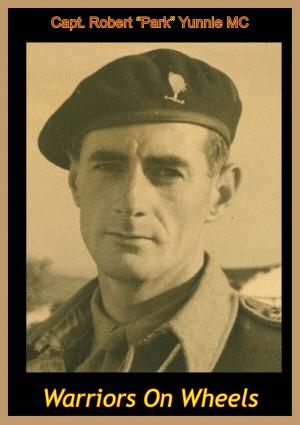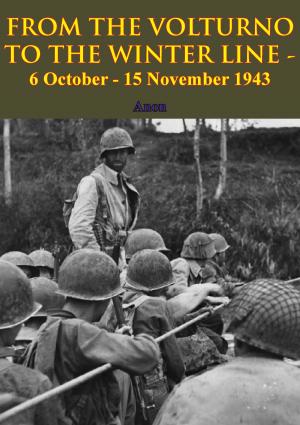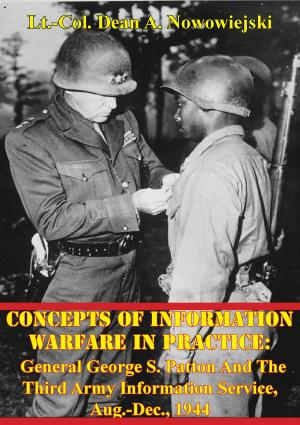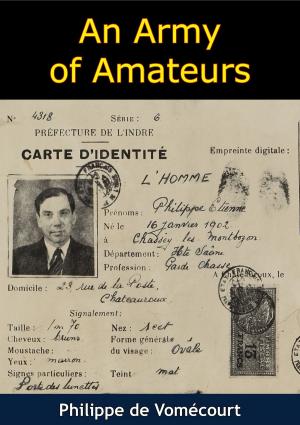A Soldier Unafraid - Letters From The Trenches On The Alsatian Front
Nonfiction, History, Military, World War I, Germany, British| Author: | Captain André Cornet-Auquier | ISBN: | 9781782891796 |
| Publisher: | Lucknow Books | Publication: | June 13, 2014 |
| Imprint: | Lucknow Books | Language: | English |
| Author: | Captain André Cornet-Auquier |
| ISBN: | 9781782891796 |
| Publisher: | Lucknow Books |
| Publication: | June 13, 2014 |
| Imprint: | Lucknow Books |
| Language: | English |
Nearly 1.7 million French soldiers died in the First World War fighting for their homeland against the invading German Armies; it is difficult to comprehend that hecatomb. It is indeed difficult to comprehend that many lost lives, perhaps the only way to do so is in representative figures such as the Unknown Soldier or by the many memoirs and diaries that have been left behind. One such diary is that of Captain André Cornet-Auquier, a passionate but moral man, well-known for his leadership skills in and bravery on the battlefield. The conditions in which he served on the Alsace front were always tough, being often within forty-five yards of the enemy’s front lines, his faith in his cause and God sustained him even in the most trying situations. Despite being in the front line fighting for so long his luck ran out in February 1916, mortally wounded by a shell splinter. A symbol of French stoicism and courage he died beloved by his men, one of his sergeants said “It is not a spectacle often witnessed, — that of soldiers, accustomed to face death, weeping like children as they stood round his bier.”
Nearly 1.7 million French soldiers died in the First World War fighting for their homeland against the invading German Armies; it is difficult to comprehend that hecatomb. It is indeed difficult to comprehend that many lost lives, perhaps the only way to do so is in representative figures such as the Unknown Soldier or by the many memoirs and diaries that have been left behind. One such diary is that of Captain André Cornet-Auquier, a passionate but moral man, well-known for his leadership skills in and bravery on the battlefield. The conditions in which he served on the Alsace front were always tough, being often within forty-five yards of the enemy’s front lines, his faith in his cause and God sustained him even in the most trying situations. Despite being in the front line fighting for so long his luck ran out in February 1916, mortally wounded by a shell splinter. A symbol of French stoicism and courage he died beloved by his men, one of his sergeants said “It is not a spectacle often witnessed, — that of soldiers, accustomed to face death, weeping like children as they stood round his bier.”


![Cover of the book OMAHA BEACHHEAD - (6 June-13 June 1944) [Illustrated Edition] by Captain André Cornet-Auquier](https://www.kuoky.com/images/2014/august/300x300/9781782892632-IFKo_300x.jpg)







![Cover of the book A Volunteer Poilu [Illustrated Edition] by Captain André Cornet-Auquier](https://www.kuoky.com/images/2014/august/300x300/9781782893110-8OEc_300x.jpg)


![Cover of the book The Note-Book Of An Attaché - Seven Months In The War Zone [Illustrated Edition] by Captain André Cornet-Auquier](https://www.kuoky.com/images/2014/august/300x300/9781782894827-qbjO_300x.jpg)

